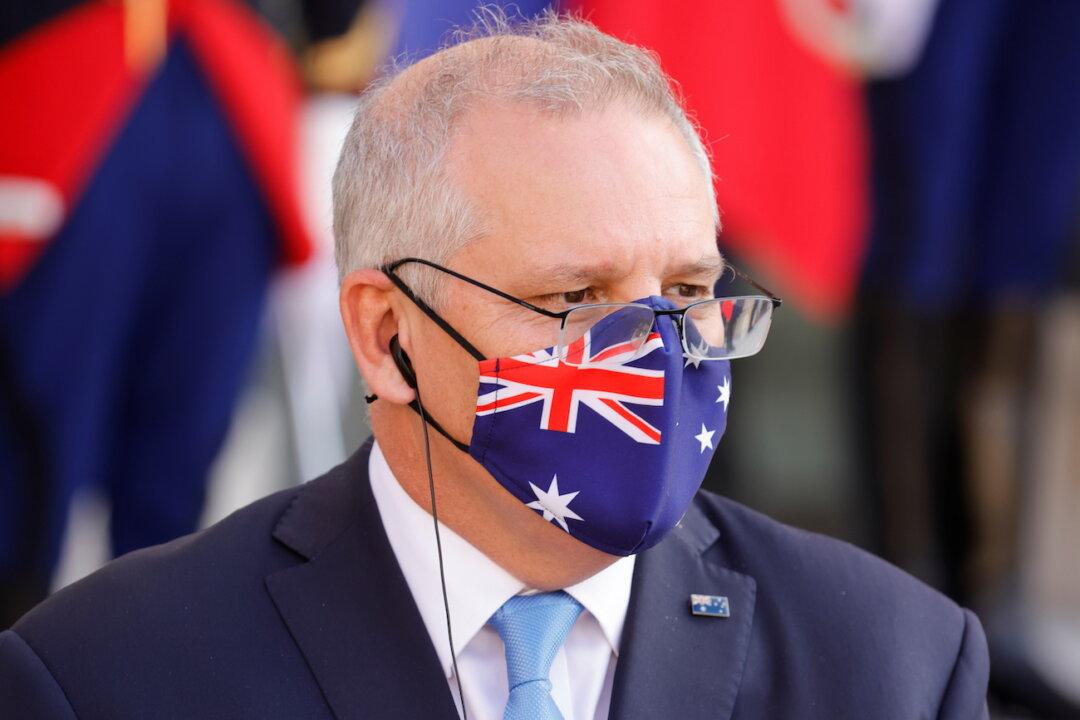Commentary
As Australia is now three months away from a federal election, the electorate will soon be inundated with information and commentary, some fatuous and some sensible, about the parties’ performance, policies, and candidates. Specifically, the government’s management of the toxic world of the COVID-19 pandemic will unquestionably be evaluated during the election campaign.





